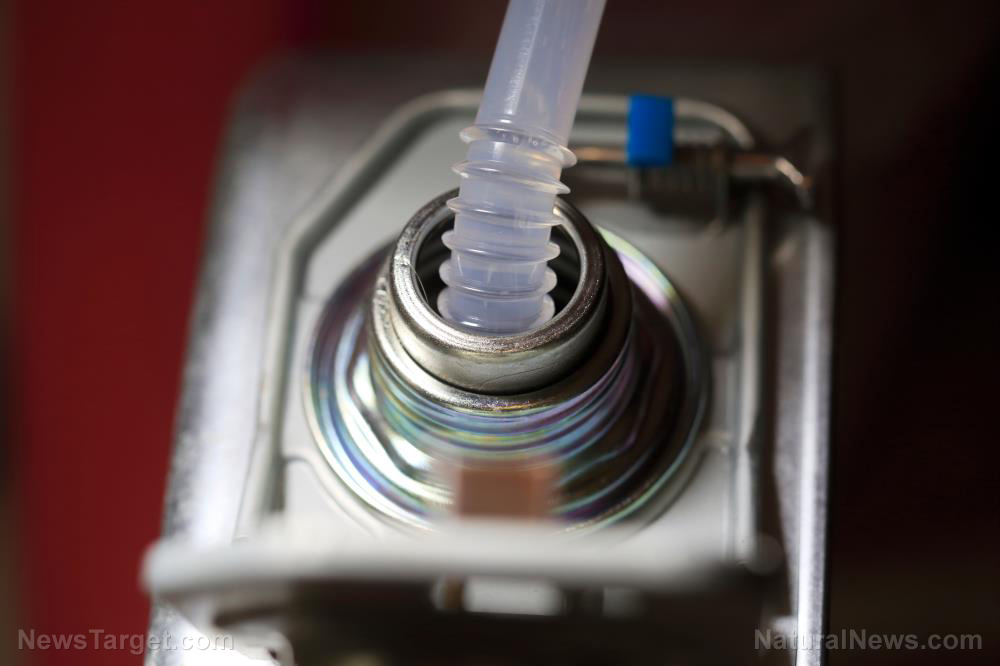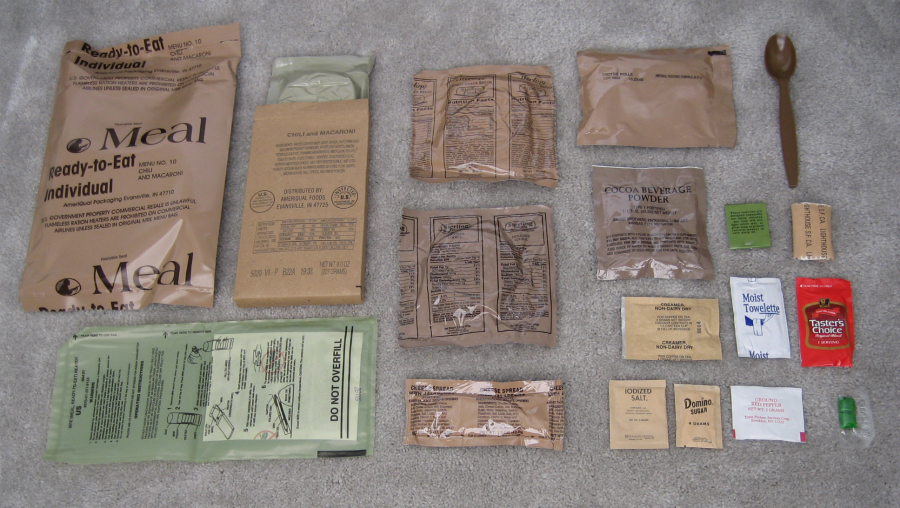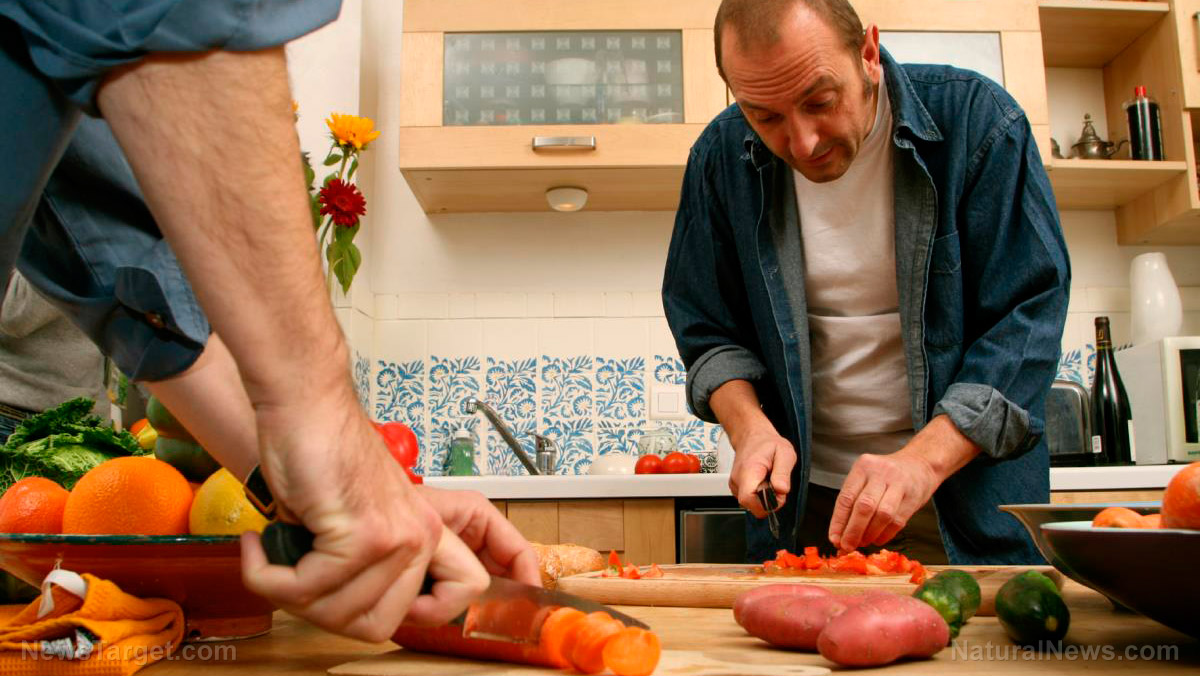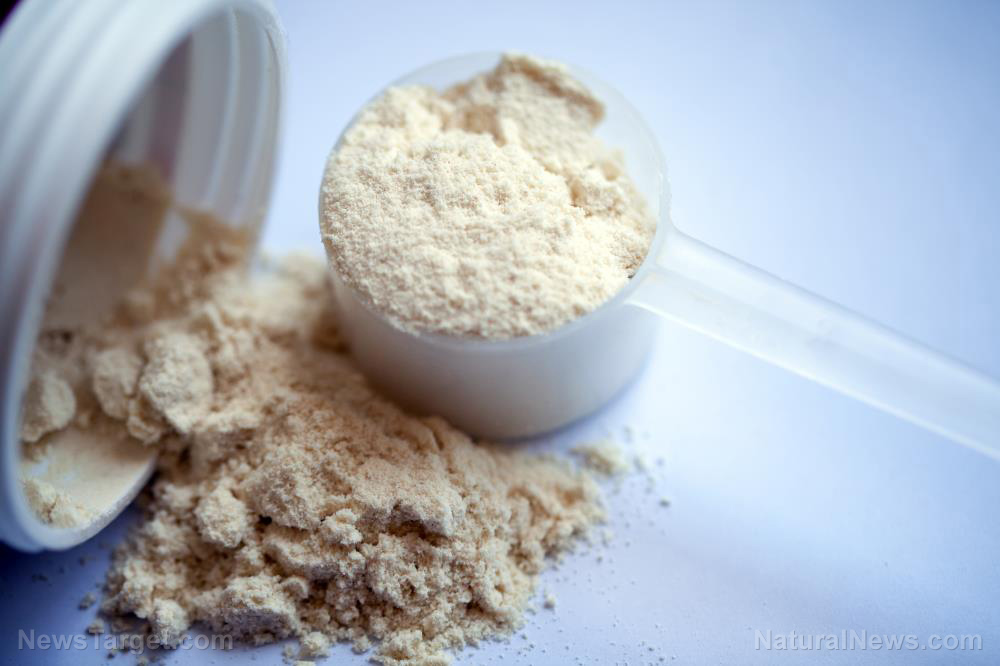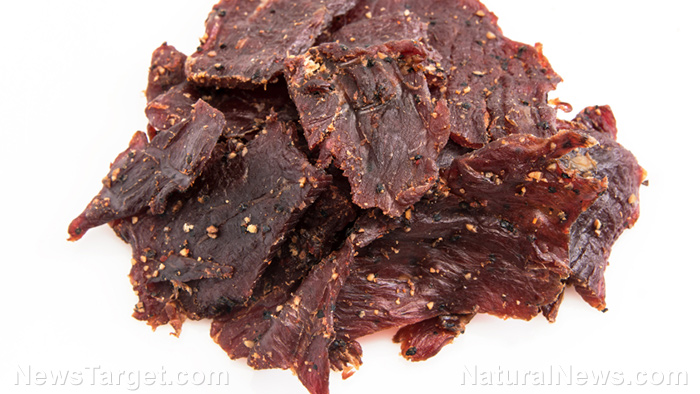7 Foods to never dehydrate
07/18/2021 / By Divina Ramirez
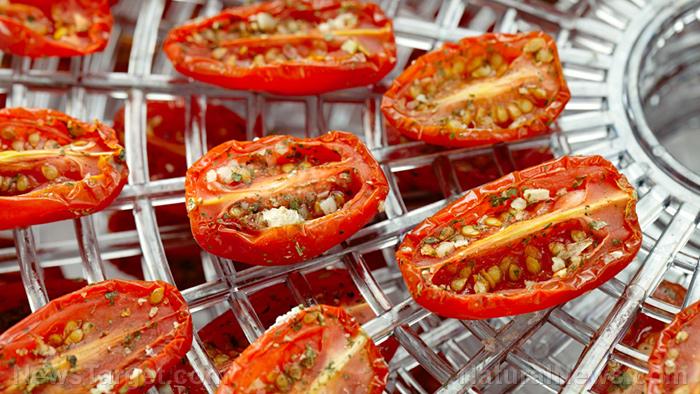
Food dehydration is the process of reducing moisture in food to prevent the proliferation of bacteria. It’s one of the fastest and least expensive methods of food preservation. Dehydrating foods also reduces their weight, which means you can easily pack dehydrated foods in large quantities for camping and bugging out.
However, not all foods can be dehydrated or are worth the trouble of dehydrating.
Here are seven foods you should never dehydrate. (h/t to FoodStorageMoms.com)
1. Avocado
Avocados are one of the richest sources of heart-healthy omega-3 fatty acids. Unfortunately, their high fat content makes them unsuitable for dehydrating. Dehydrating fatty foods like avocados results in a product that is both leathery and unpalatable. It will also go rancid quickly, as is the case with most fatty foods.
2. Fatty meats
Avoid dehydrating cuts of meat with high fat content or marbling. Fat takes a while to dehydrate and can cause the product to go rancid. Instead, dehydrate meats like turkey, chicken breast and lean cuts of beef.
3. Dairy products
Butter, milk and cheese are high in fat, which makes food difficult to dehydrate. The resulting product won’t be that nutritious either if you do insist on dehydrating.
Save yourself the trouble and buy shelf-stable powdered milk instead for your stockpile. Don’t attempt to dehydrate cheese no matter the type. Dehydrating cheese alters its flavor and can even pose a health risk, especially since fungi and bacteria are used to ripen certain types of cheese.
4. Peanuts
Peanuts aren’t as difficult to dehydrate as other fatty foods. But they’re not worth it since they lose most of their nutrients during dehydration.
Peanuts can last for a month or two on the shelf when kept in a bag or sealed container. For long-term storage, keep them in an airtight container and store them in the refrigerator to extend their self-life to four or six months. You can also portion a big bag of peanuts into small containers and put them in the freezer.
5. Olives
Olives can last for several months when kept in a jar and stored away from heat and sunlight. In contrast, dehydrated olives don’t last very long and can taste bland, so don’t bother dehydrating them.
6. Store-bought condiments
Store-bought condiments like ketchup and mustard are chock-full of artificial additives and preservatives, which could interfere with the dehydration process.
7. Fruit juices
Avoid dehydrating juice as the process can get really messy. It’s also harder to dehydrate juices than other foods. Can juices instead to extend their shelf life. You can also pour juice into freezer-safe containers and keep it in the freezer until you’re ready to use it.
Foods that need special attention before dehydrating
Some people also avoid dehydrating foods like apples and berries because they need to be prepped beforehand. But if you have the time, you can always give them a go.
- Green leafy vegetables – Kale, spinach and lettuce should be steamed or blanched before dehydration so that they retain most of their nutrients and beneficial compounds.
- Pears and apples – Spray lemon juice on pears and apples before dehydration to preserve their color.
- Mushrooms – Pat mushrooms dry before dehydration to preserve their color.
- Berries – Blanch berries to crack their skin. This is done so that the berries don’t dry with a balloon of skin around them.
- Low-acid fruits and vegetables – Low-acid foods like melons and bananas need to be blanched prior to dehydration to prevent loss of nutrients. (Related: Food storage tips: How to dehydrate foods for long-term storage.)
FoodStorage.news has more articles about the different methods of food preservation for long-term storage.
Sources include:
Tagged Under: dehydration, food independence, food safety, food stockpile, Food storage, food supply, green living, Homestead, homesteading, preparedness, prepper, prepping, Stockpile, stored food, survival food
RECENT NEWS & ARTICLES
Homesteading.News is a fact-based public education website published by Homesteading News Features, LLC.
All content copyright © 2018 by Homesteading News Features, LLC.
Contact Us with Tips or Corrections
All trademarks, registered trademarks and servicemarks mentioned on this site are the property of their respective owners.


